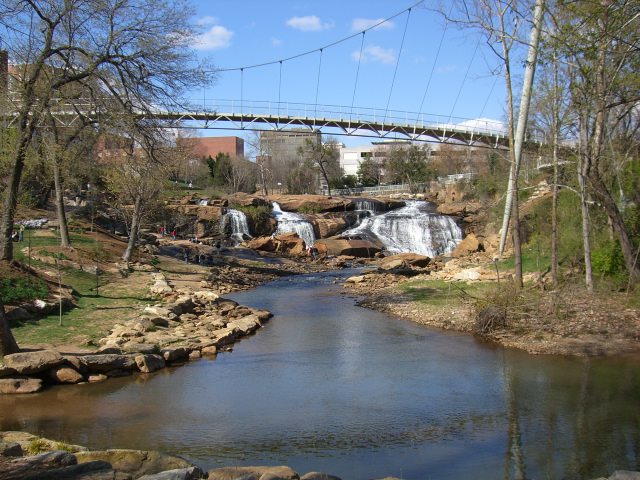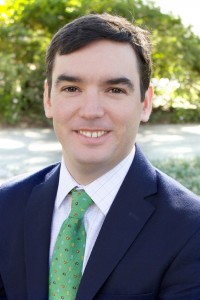
By John Tynan, special to Statehouse Report | Counting votes in a roll call starts before a vote is ever cast on the floor of our Statehouse, and it starts by counting along party lines. There have always been divisions between parties, but it seems the last few years have widened that crack into a chasm. From the outside looking in, it can sometimes seem like legislators care more about their loyalty to a party line than the greatest benefit for the greatest number of their constituents.

If you think about the current spheres of public information and media, you think about the disagreements, fights and missteps you read in daily headlines. Those spheres might lead you to believe the overall environment in the Statehouse is chaotic, full of confrontation and unproductive. But those common perceptions, often built by the easily accessible information sources in our already busy lives, aren’t letting people see the big picture – the whole truth.
There are threads that connect all members of a community. Threads like clean drinking water, protecting family farms, protecting our historical sites and protecting our access to recreation, fishing and hunting keep us tied together. Those threads also tie our legislators together.
Each of those threads is a mission of the South Carolina Conservation Bank, which was founded in 2002. It was set to expire this year, but state officials passed a bill to fund the project in perpetuity. Not only is that a conservation victory in perpetuity, but it passed both chambers unanimously. In a seemingly divisive political climate, unanimous support from both chambers is an impressive sight.
The Conservation Bank has protected over 288,000 acres across the state, including hunting and fishing access, camping and public park creation. But it isn’t the only conservation tool in the land protection toolbox. Many of our communities and every one of our South Carolina counties has a project funded by the Land Water Conservation Fund.
LWCF is a federal program, but it doesn’t come out of taxpayers’ pockets. Its funding comes from royalties paid by companies using federal lands to harvest our natural resources. The program is vitally important to local governments because it provides funding for ballparks, city recreation areas, athletic fields and other parks that are crucial to keeping our communities together.
Unfortunately, gridlock in Washington caused LWCF to expire last month on September 30. Even more unfortunate is that this could mean millions of dollars lost for small towns and communities all across the state. Since its inception, South Carolina has received $294 million in funding from LWCF.
But there’s hope. Like the S.C. Conservation Bank, the LWCF enjoys bipartisan support in Congress. So much so there are more than 230 cosponsors for the LWCF Reauthorization Act in the U.S. House –including Mark Sanford, Joe Wilson and Tom Rice.
Since LWCF has already expired, the need to act quickly and in a bipartisan manner couldn’t be greater. The reauthorization is still doable, but it needs all the help it can get. It’s time for residents, local leaders, state officials and our federal delegation alike to come together. It’s time to protect our history, culture, heritage and outdoors access for good. These parks, campsites and wildlife management areas belong to all of us. In the seemingly divided atmosphere of our current political climate, it’s time we rally together to protect the threads – and places – that tie us together as a community, as a state, and as a nation.
John Tynan is executive director of the Conservation Voters of South Carolina.
















 We Can Do Better, South Carolina!
We Can Do Better, South Carolina!